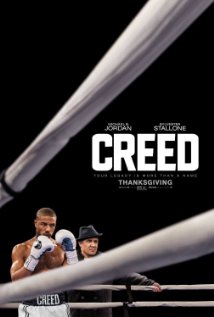Country: USA
Movie Review: The magnificent, fruitful, and long-lasting collaboration between the American film director, David O. Russell, and the trendy actors, Jennifer Lawrence and Bradley Cooper, mirrored in “Silver Linings Playbook” and “American Hustle”, was now shaken. I’m saying this because “Joy”, a semi-fictional comedy-drama inspired by the real life of Joy Mangano, a divorced mother turned into a respectful businesswoman after inventing the Miracle Mop, is a minor film whose story, narrated by her deceased grandmother, uses the same goofy tones of a soap-opera. Here, business and family play a strong role, but the story is deficiently constructed, wriggling and wriggling without finding solid ground to stabilize. The utterly banal storytelling and the ungracious humor, help to defraud my expectations, confirming this one as part of the disappointments of the year. Ms. Lawrence’s performance, not as bad as the film itself, still gives us some hope. However, she ultimately remains opaque in her trajectory, dragged by the superficiality and boredom that are mostly felt after the film’s first hour, time when Mr. Cooper, perhaps playing the worst role in his career, is elusively introduced as a highly patient and not less docile executive for the QVC, a multinational corporation specialized in televised home shopping. This time around, the versatility of Mr. Russell was meager, taking into account that the comedy was parched in humor, and the dramatic side presents tremulous emotions. He roundly misfires whenever attempting to create funny situations among Joy’s family members, relying on pointless details that have to do with the one-dimensional characters whose recurrent behaviors would have to be well designed not to feel washed-out. I’m talking about Joy’s father, played intermittently by Robert De Niro, an energetic man whose bad temper softens heavily after his first appearance, and also the affable ex-husband, Toni (Edgar Ramirez), a Venezuelan pop singer who still lives in her basement. “Joy” or ‘how to mop your house without spreading germs all over the place’, is an accidental misstep of a much-admired filmmaker, who hopefully, in his next move, will overcome this compromising mediocrity.


































